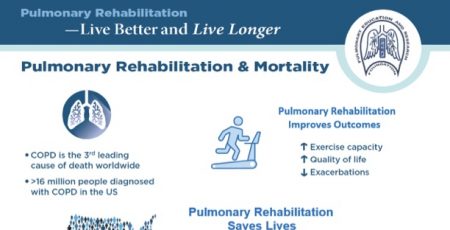19 Jul Avoid Allergy Triggers; They Can Worsen Your Lung Condition
You can’t prevent flowers from blooming, but if you have allergies, you’d probably love to be able to do just that sometimes. Too bad you can’t, but there are ways you can reduce your exposure to allergy triggers. Try these tactics next time allergy season rolls around:
Tips to Avoid Allergens
- Stay indoors on dry, windy days. Enjoy going outside after there’s been a good rain; pollen counts will be lowest at that time.
- Don’t do chores such as mowing the lawn, pulling weeds, or other gardening jobs that will release extra allergens into the air. Delegate these jobs to others in your household, or hire someone to help to do them.
- If you’ve been outside when pollen counts are high, remove your clothes when you come inside and shower to rinse off pollen that’s landed on your skin and hair.
- Dry your clothes in the dryer, not outside where pollen can stick to sheets and towels.
- If you must do outside chores, wear a pollen mask.
- If you know pollen counts are high, start taking allergy medications even if your symptoms haven’t started yet, and close your doors and windows.
- Be aware that pollen counts are highest in the early morning. Avoid exercising outdoors or doing other outdoor activities at this time of day.
Tips to Remove Allergens Indoors
- Use the air conditioner in your home and car.
- If you have forced-air heating at home, use high-efficiency filters.
- Use a dehumidifier to keep the indoor air dry.
- Use a portable high-efficiency particulate air (HEPA) filter in your bedroom.
- Vacuum often, using a vacuum with a HEPA filter.
Best Treatments for Allergy Symptoms
If despite your efforts to prevent and remove allergens from your environment, you still develop allergy symptoms, you can take advantage of several types of over-the-country remedies to ease your suffering:
- Oral antihistamines, to relieve sneezing, itching, a runny nose and watery eyes.
- Decongestants or nasal spray, to reduce nasal stuffiness.
- Combination medicines, which provide both antihistamines with decongestants.
- Nasal irrigation, using a squeeze bottle or neti pot, to flush out mucus and allergens from your nose.
If Nothing Works Well For You
If all efforts to avoid allergens and treat symptoms with over-the-counter medications have done little to alleviate your suffering, see your doctor. He or she may recommend skin or blood tests to pinpoint exactly what allergens are triggering your symptoms, so you can better avoid them and more effectively treat your allergy flare-ups.
Allergy shots or, in some cases, tablets, might also be given over time to desensitize you to the allergens that are giving you trouble.
Information for this article was obtained from the Mayo Clinic.





Pingback:COPD and Cold Weather | Pulmonary Education and Research Foundation
Posted at 12:48h, 01 October[…] Avoid the triggers. It goes without saying that the most effective way of avoiding cold-air-induced respiratory distress is to avoid these climates to begin with. At the very least, try and avoid prolonged and/or strenuous physical activity when the conditions are cold and/or dry. This might be easy where PERF is based in Los Angeles, but considerably more difficult in other parts of the country. Keep abreast of the weather conditions and plan your outdoor excursions accordingly. High pollen counts and pollution can have a similar affect. […]